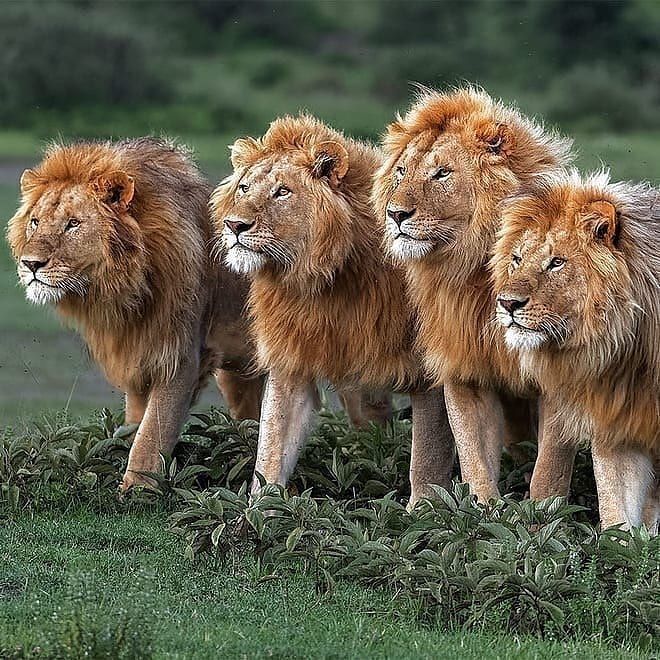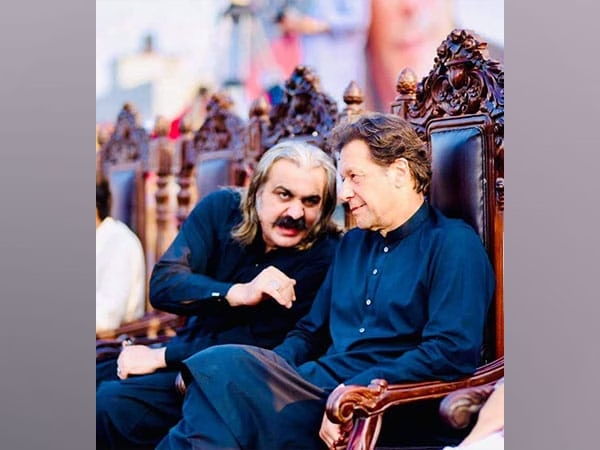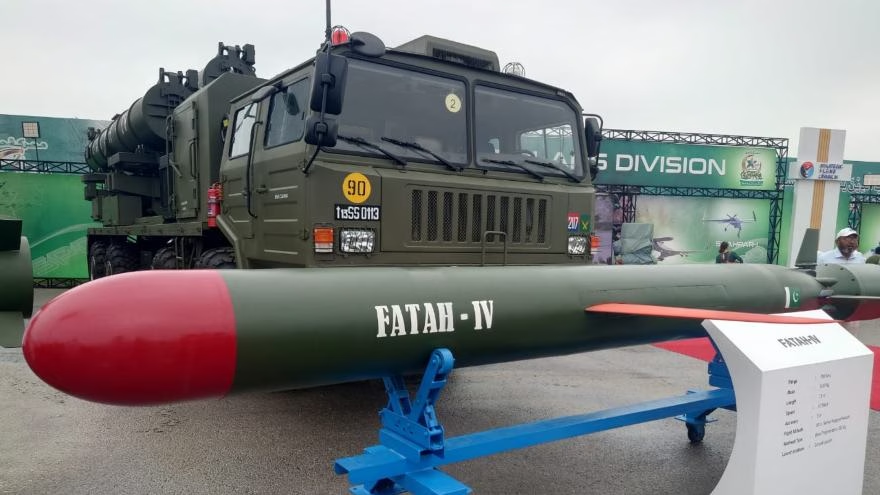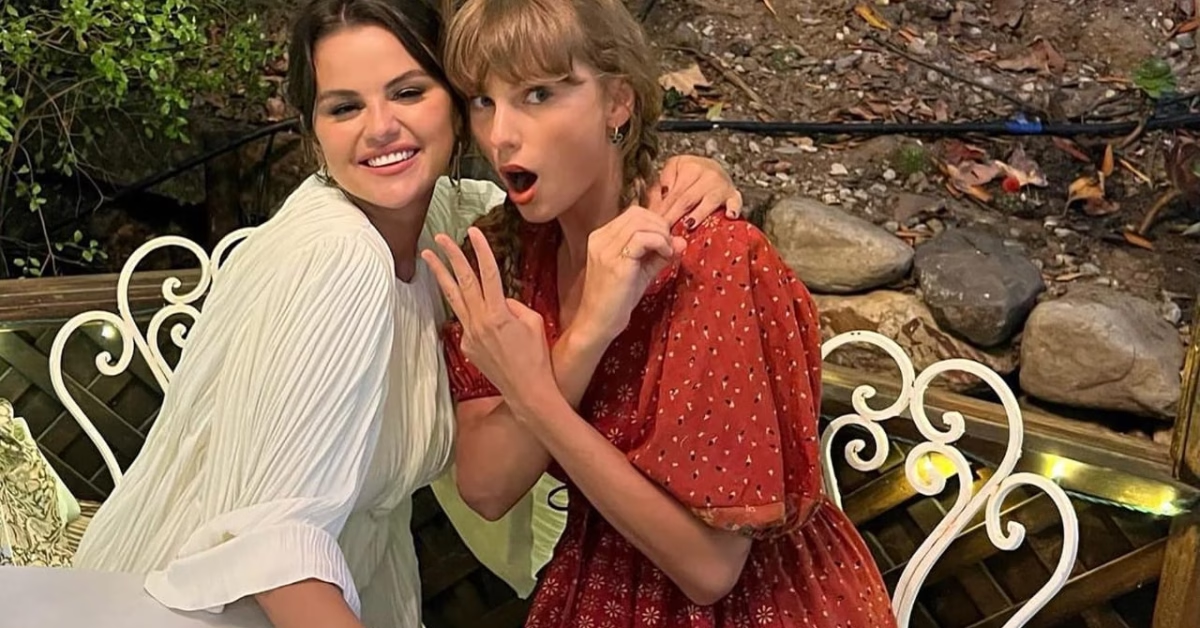The Safari Zoo in Lahore plans to sell off a dozen lions next week in an effort to limit the number of its population.
It currently has 29 lions, and the ones for sale on August 11th are between the ages of two and five.
The zoo also has six tigers and two jaguars, and its Deputy Director, Tanvir Ahmed Janjua, revealed that due to their large population, the lions and tigers must take turns going to the paddocks.
Safari Zoo officials have set the starting price for each lion at Rs. 150,000 ($700) and want to raise roughly Rs. 2 million from the auction.
Janjua stressed that the auction is not available to the public since purchasers must first register with the provincial authorities and demonstrate their capacity to provide sufficient care and housing for the animals.
He explained:-
Not only will we free up more space here, but our expenses for meat to feed them will also decrease.
According to the zoo’s veterinarian officer, Muhammad Rizwan Khan, a previous attempt to auction the lions last year failed because potential purchasers lacked the required documentation or licences.
Privately owning large cats and other exotic animals is popular and considered a status symbol in Pakistan. Wealthy owners often post photographs and video clips of their ‘pets’ on social media and even hire them out as props for photoshoots and films.
Due to a lack of adequate animal welfare laws, Pakistani zoos have a bad reputation for having poor facilities, but Safari Zoo, which spans over 200 acres, is regarded as one of the best in the country. It also boasts that its animals are well-cared for, which is evident in their fecundity.
“They have a good life in captivity with us,” Rizwan stated.
Conservationists, on the other hand, are opposed to selling large cats, and the World Wildlife Fund (WWF) believes that the animals should either be transported to other established zoos or breeding females sterilised or given contraception.
The Safari Zoo in Lahore plans to sell off a dozen lions next week in an effort to limit the number of its population.
It currently has 29 lions, and the ones for sale on August 11th are between the ages of two and five.
The zoo also has six tigers and two jaguars, and its Deputy Director, Tanvir Ahmed Janjua, revealed that due to their large population, the lions and tigers must take turns going to the paddocks.
Safari Zoo officials have set the starting price for each lion at Rs. 150,000 ($700) and want to raise roughly Rs. 2 million from the auction.
Janjua stressed that the auction is not available to the public since purchasers must first register with the provincial authorities and demonstrate their capacity to provide sufficient care and housing for the animals.
According to the zoo’s veterinarian officer, Muhammad Rizwan Khan, a previous attempt to auction the lions last year failed because potential purchasers lacked the required documentation or licences.
Privately owning large cats and other exotic animals is popular and considered a status symbol in Pakistan. Wealthy owners often post photographs and video clips of their ‘pets’ on social media and even hire them out as props for photoshoots and films.
Due to a lack of adequate animal welfare laws, Pakistani zoos have a bad reputation for having poor facilities, but Safari Zoo, which spans over 200 acres, is regarded as one of the best in the country. It also boasts that its animals are well-cared for, which is evident in their fecundity.
“They have a good life in captivity with us,” Rizwan stated.
Conservationists, on the other hand, are opposed to selling large cats, and the World Wildlife Fund (WWF) believes that the animals should either be transported to other established zoos or breeding females sterilised or given contraception.
Uzma Khan, an organisation representative, remarked that “animal exchanges and donations between zoos are a generally acknowledged activity.”
“When an institution, such as a zoo, sets a price tag on a wildlife species, it promotes trade, which is counterproductive to conservation,” she said of the planned lion auction.











